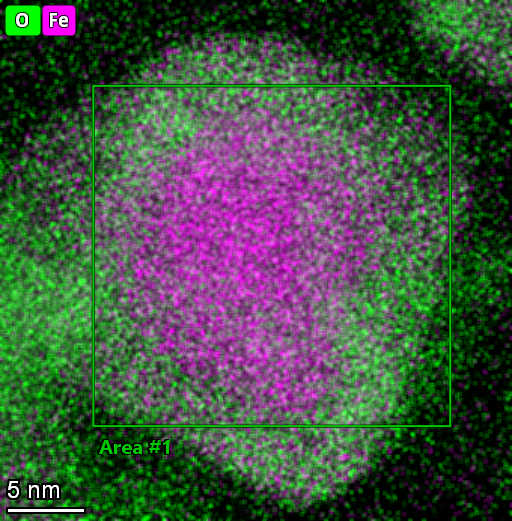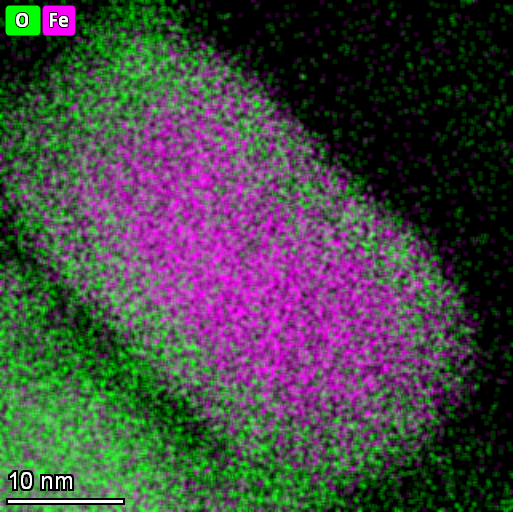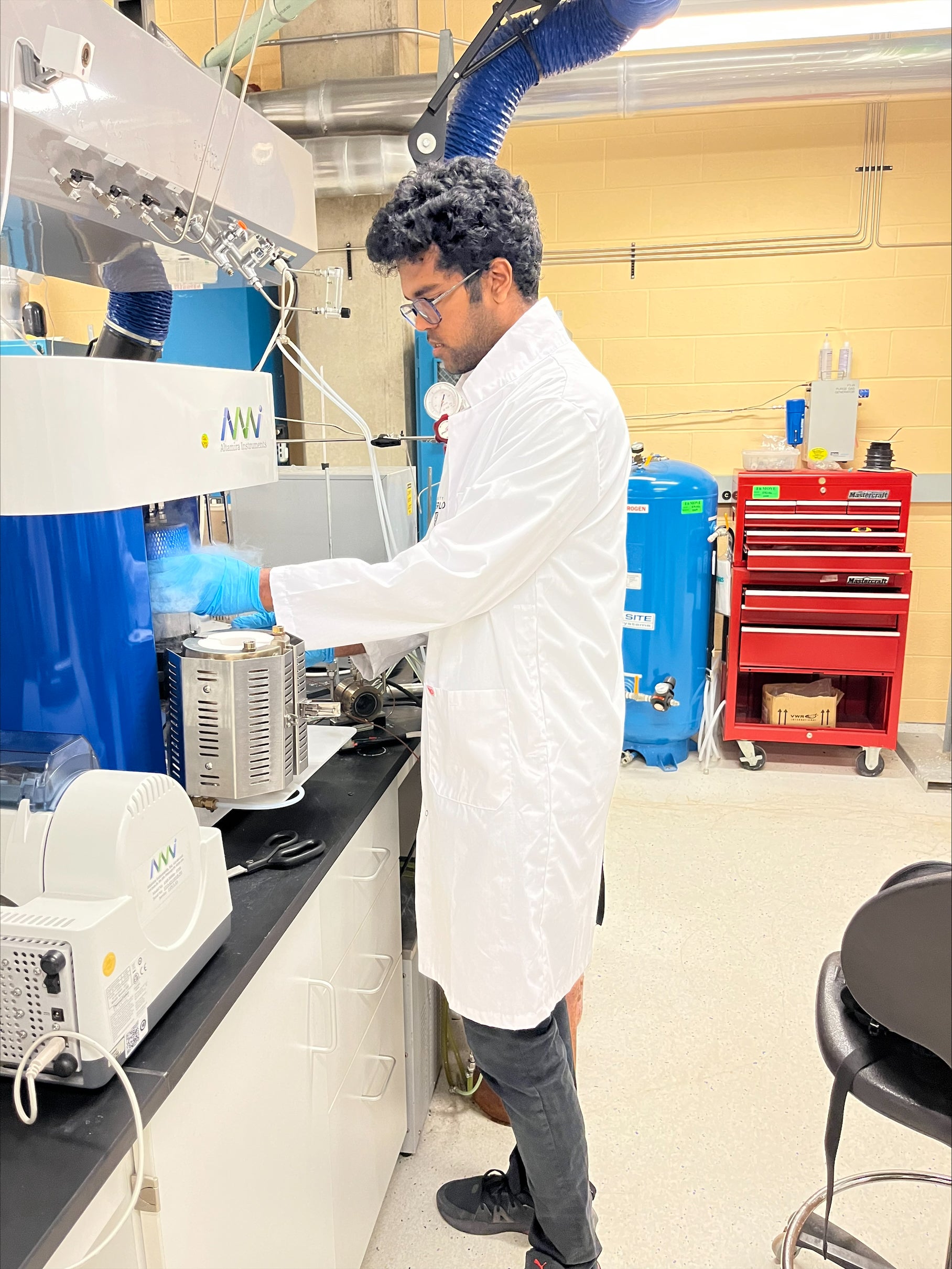Professor David Simakov is developing innovative technologies to solve complex environmental challenges
David Simakov, a professor in the Department of Chemical Engineering, is actively engaged in two bold interdisciplinary collaborations with Canadian and international partners to advance UN Sustainable Development Goals. These initiatives are focused on two areas: affordable clean energy and clean water. Simakov’s research focuses on the conversion of CO2 into renewable synthetic fuels and sustainable hydrogen generation.
“Building a sustainable future will require developing a portfolio of renewable energy-based technologies that will ultimately allow us to decarbonize our energy, transportation and industrial sectors,” Simakov says.
“Such a challenging task can only be achieved through interdisciplinary collaboration, integrating knowledge and expertise of researchers from different universities across Canada and internationally. Using the unique expertise of each team of researchers, we are developing novel technologies and design highly efficient processes for renewable fuels applications.”
Climate change and unsustainable water management are causing freshwater shortages globally making water desalination a crucial technology. Simakov’s group is collaborating with researchers from Technion-Israel Institute of Technology through the Waterloo-Technion cooperation program. Matthey Suss, a professor in the Faculty of Mechanical Engineering at Technion, is developing a novel technology for water purification which is called a desalination fuel cell (DFC). Michael Patrascu, from the Department of Chemical Engineering at Technion is focusing on process intensification.
Anik Ashirwadam, a chemical engineering student in Simakov’s group, is developing a reactor that will convert a methanol/water mixture into hydrogen gas that is required to power the DFC device. A catalytic material within the reactor catalyzes the methanol reforming reaction, which produces hydrogen that can be directly fed to the DFC device to simultaneously produce clean water and generate electricity — creating an excellent solution for off-grid locations and remote communities.

Catalyst at five nanometer scale taken by an electron microscope.

Catalyst at 10 nanometer scale taken by an electron microscope.
Ashirwadam is also developing catalysts and running reactor tests to optimize hydrogen generation and examine how the system behaves under various operating conditions. Once the catalyst and reactor have been optimized, the Technion team will integrate the reactor with the DFC device that uses methanol, which will then be converted to hydrogen to power their desalinization technology.
Simakov is also collaborating with Professor Samir H. Mushrif from the Department of Chemical Engineering at the University of Alberta. Simakov is developing technologies to convert CO2 into high-value products such as syngas, which can ultimately be converted into a variety of renewable fuels and chemicals, including diesel, jet fuel and methanol. Simakov’s research group is working on designing the most effective catalyst for this CO2-to-syngas conversion.
 Mushrif
‘s
research
focuses
on
the
fundamental
understanding
of
the
catalyst
structure
and
reaction
mechanisms
using
density
functional
theory
(DFT).
The
basis
of
the
collaboration
with
Mushrif’s
group
is
to
connect
the
theoretical
simulations
using
DFT
with
the
expertise
of
Simakov’s
group
in
advanced
materials.
Kishore
Kandasamy,
a
Waterloo
graduate
student
in
Simakov’s
group,
is
working
to
enhance
the
performance
of
the
catalyst.
Mushrif
‘s
research
focuses
on
the
fundamental
understanding
of
the
catalyst
structure
and
reaction
mechanisms
using
density
functional
theory
(DFT).
The
basis
of
the
collaboration
with
Mushrif’s
group
is
to
connect
the
theoretical
simulations
using
DFT
with
the
expertise
of
Simakov’s
group
in
advanced
materials.
Kishore
Kandasamy,
a
Waterloo
graduate
student
in
Simakov’s
group,
is
working
to
enhance
the
performance
of
the
catalyst.
Kishore Kandasamy, Waterloo graduate student in Simakov's group, is working with liquid nitrogen in the lab.
Using the theoretical data from Mushrif’s group, Simakov’s group can better understand why the catalyst behaves in certain ways and identify the chemical structures that allow the catalyst to have improved performance. This data also guides future work aimed at maximizing CO2 conversion efficiency.
Collaborations in chemical engineering can advance sustainability by integrating the development of advanced materials with reaction engineering, reactor design and process optimization for renewable fuel applications. Simakov’s collaborative research will help further advance innovative solutions to solve complex environmental challenges.